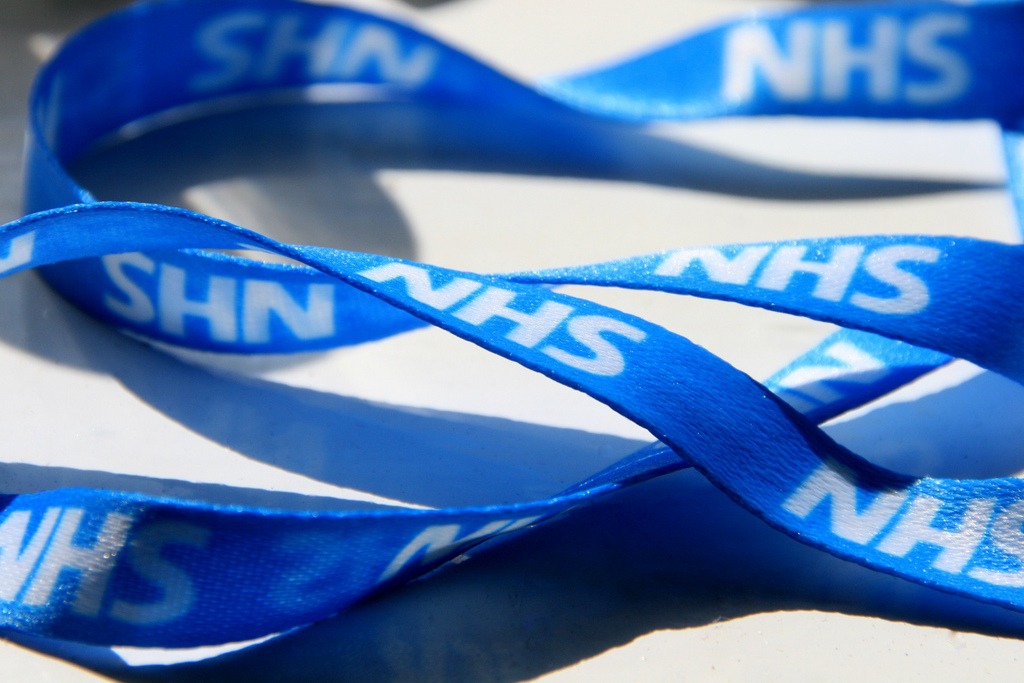NHS trusts’ deficits soar to £930m
NHS trusts have plunged deeper into the red in three months than they did across the whole of a year ago.
And 39 foundation trusts have missed the 62-day cancer referral target in three months, up from 25 last year and eight the year before.
In Yorkshire, Leeds Teaching Hospitals NHS Trust chiefs held an “extraordinary financial stretch meeting” after being asked to save an extra £5.5m from a planned £40.2m deficit earlier this year, while Hull and East Yorkshire Hospitals NHS Trust was tasked with cutting an extra £5.9m from its £21.9m deficit.
The figures for April to June showed NHS Foundation Trusts had a deficit of £445 million (£90 million worse than planned), while other NHS trusts were £485 million in deficit.
That’s according to the newly published figures by health regulators Monitor and the Trust Development Authority.
‘Radical and lasting change is required’.
“However, today’s figures reiterate that the sector is under massive pressure and must change to counter it”.
Monitor head Dr David Bennett added: “The NHS simply can no longer afford to operate in the way it has been and must act now to deliver substantial efficiency gains required to ensure patients get the services they need”.
Of those visiting A&E during the period, 29,000 people waited on a trolley for more than four hours between the decision to admit them to A&E and their arrival on a ward due to reduced bed availability.
Past year the agency spend in Yorkshire increased by a third to £113m and continues to be a financial burden nationally.
Across England, the waiting list for routine operations reached 1.9 million people – a 169,100 increase (9%) on the same period in 2014/15. While 10,800 patients waited longer than the recommend six weeks for diagnostics tests.
A spokesman said it was bringing in stringent new rules to crack down on agency staff.
It is easy to be blase about NHS deficits and think the money will always be found to bail out the health service.
An immediate antidote is needed and recent declarations by the Conservative government that it will invest £10billion into the future of the NHS may not matter because it may be to late to save the health service if these losses continue at such an alarming rate.
An ongoing crackdown on hospitals’ spending on both agency staff and management consultants would help to cut costs, it said.
Commenting on the results, Richard Murray, director of Policy at The King’s Fund said: “These figures confirm that NHS providers are heading towards an unprecedented end of year deficit”.
Unite national officer for health, Barrie Brown said: “Health secretary Jeremy Hunt needs to start banging the cabinet table to get more funds in real terms from the chancellor George Osborne, otherwise the NHS will go into a financial melt-down”.
The figures are contained in a damning report by the NHS regulator, Monitor, which was allegedly delayed after ministers “leaned on” the organisation to stop publication during the Tory party conference.
“We need an end to the short-term approach to finances which is causing financial instability in the NHS and acting as a hindrance to transforming patient care”, he added.
“There is a criminal shortage of medical and nursing staff that has led to a huge increase in the use of agency staff, costing the NHS billions it can ill afford”, said Mr Prentis.
Newcastle upon Tyne Hospitals NHS Foundation Trust chief executive Sir Len Fenwick, the longest-serving hospitals boss in the health service, told the BBC the pressures were likely to mean winter would be extremely hard.
“We have also implemented a cost improvement plan and are reducing the reliance on agency staff through recruitment, more efficient shift planning and working with our neighbouring healthcare partners”.
Alongside the financial data, the regulators have also warned about worsening waiting times for hospital treatment.








